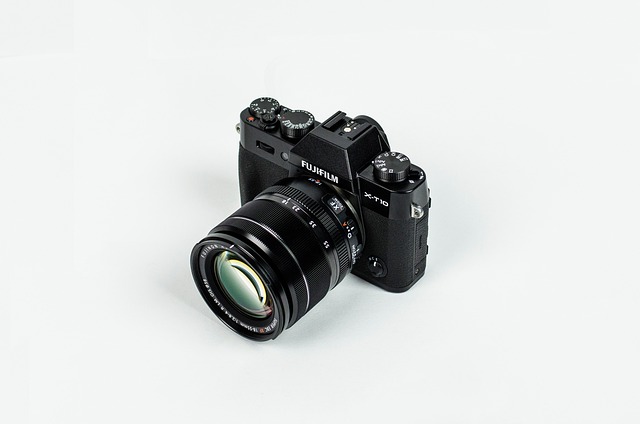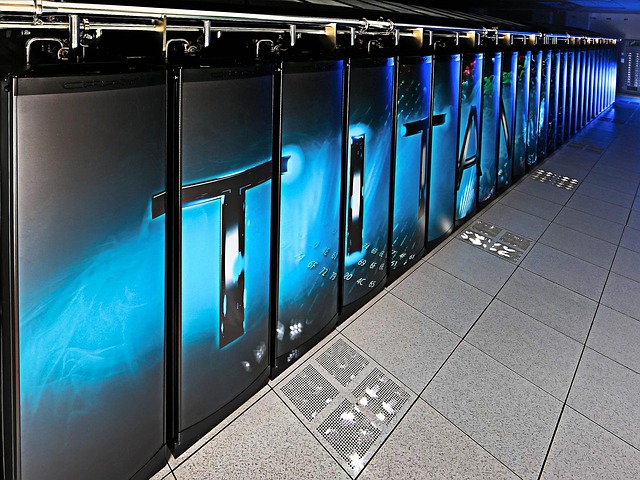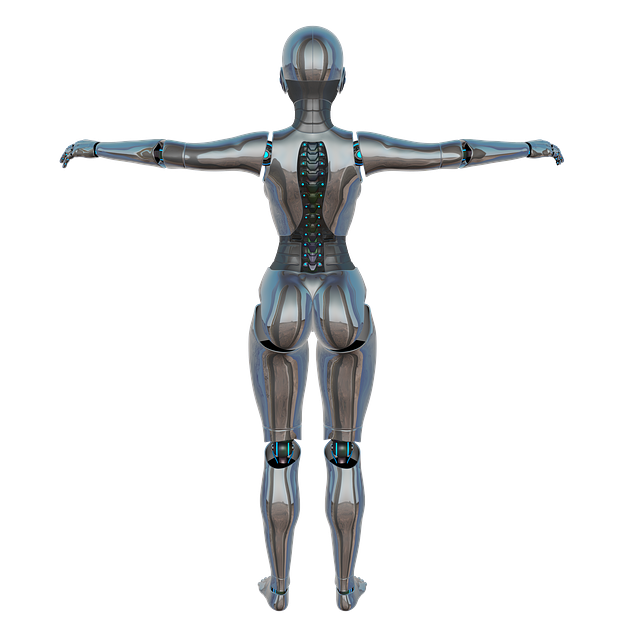Skin tags, though mostly harmless, can be removed using advanced skin tag removal technology like cryotherapy, laser treatments, and surgical excision. Modern alternatives to traditional methods offer safer, effective solutions with minimal downtime. Topical creams are over-the-counter options, but consulting a dermatologist for prescription strengths is advised for persistent cases. Laser therapy provides a comfortable, non-surgical solution with long-lasting results. Cryotherapy freezes and destroys tags quickly with little recovery time. Safety and aftercare are crucial; reputable clinics ensure proper treatments and recovery guidance.
“Are you seeking effective, non-surgical solutions for receding skin tags? This comprehensive guide explores modern advancements in skin tag treatment, offering a range of options beyond traditional methods. From topical creams and laser therapy to innovative freezing (cryotherapy), we dissect the benefits and risks of each approach.
Discover how advanced skin tag removal technology provides safe, efficient alternatives, helping you regain confidence without invasive procedures. Learn essential safety precautions and recovery tips for a smooth journey towards smoother, tag-free skin.”
- Understanding Receding Skin Tags: Causes and Risks
- Traditional vs. Advanced Non-Surgical Treatments
- Topical Creams and Lotions for Skin Tag Removal
- Laser Therapy: A Modern Approach to Treatment
- Freezing (Cryotherapy): Quick and Effective Method
- Safety Precautions and Recovery Tips for Non-Surgical Treatments
Understanding Receding Skin Tags: Causes and Risks

Skin tags, also known as acrochordons, are small, soft, flesh-coloured growths that typically appear on the neck, armpits, and groin area. While they are usually harmless, some individuals may find them cosmetically distressing, leading them to seek effective skin tag removal solutions. Understanding the causes and risks associated with receding skin tags is essential when considering non-surgical treatments.
The primary cause of skin tags is friction or irritation of the skin, often due to clothing or jewellery rubbing against a particular area over time. They can also develop from skin folds created by weight gain or as a result of hormonal changes. Some individuals are more predisposed to developing skin tags due to their genetic makeup. In terms of risks, it’s important to note that while most skin tags are harmless, they may indicate an underlying medical condition in rare cases, such as skin cancer or insulin resistance. Advanced skin tag removal technology offers non-invasive options like cryotherapy (freezing), laser treatments, and surgical excision, with procedures like skin tag removal Nottingham, Leeds, or Colchester becoming increasingly popular for their effectiveness and minimal downtime.
Traditional vs. Advanced Non-Surgical Treatments

In the realm of non-surgical skin tag removal, there’s a distinct evolution from traditional to advanced technologies. Traditional methods often involved scraping or burning off skin tags, which could be painful and carried risks of scarring. These techniques have been supplemented by more sophisticated approaches in recent years, driven by advancements in dermatological science and technology.
Today, advanced skin tag removal technology offers safer, more effective solutions. Techniques like cryotherapy (freezing), laser treatments, and specialized topical creams have emerged as leading options. For instance, a Birmingham skin tag clinic might utilize these advanced methods to ensure precise, minimally invasive procedures. Private skin tag removal in Mansfield or any other location is now accessible, leveraging cutting-edge technology to deliver superior results with reduced downtime compared to traditional practices.
Topical Creams and Lotions for Skin Tag Removal

Many people seeking effective solutions for removing skin tags often turn to topical creams and lotions, which offer a non-surgical approach to advanced skin tag removal technology. These products contain active ingredients designed to soften and dissolve the skin tags while being gentle on the surrounding skin. Over-the-counter options are widely available, but for more stubborn or numerous skin tags, consulting a dermatologist is recommended.
In cities like Bristol and Blackburn, where specialist clinics offer private skin tag removal services, patients can access advanced treatments tailored to their needs. These may include prescription-strength creams or topical solutions that accelerate the natural process of skin cell turnover, leading to the gradual disappearance of skin tags. Such professional interventions ensure safety and faster results compared to at-home remedies, making them a preferred choice for those seeking effective and permanent solutions in skin tag removal Bristol or Blackburn clinics offer.
Laser Therapy: A Modern Approach to Treatment

Laser therapy has emerged as a modern and effective approach to treating receding skin tags, offering a non-surgical solution with remarkable results. This advanced skin tag removal technology utilizes focused beams of light to target and destroy the small tags, stimulating the body’s natural healing process. At St. Helens Skin Tag Clinic, we employ state-of-the-art laser equipment to ensure precise and gentle treatments, minimizing discomfort and downtime compared to traditional methods.
Unlike freezing off skin tags (cryotherapy), which can be painful and may require multiple sessions, laser therapy provides a more comfortable experience. The advanced skincare treatments for skin tags at our clinic are designed to target the root of the issue, preventing regrowth and offering long-lasting solutions. This innovative method has gained popularity due to its effectiveness, making it a preferred choice for those seeking permanent reduction in skin tags without invasive procedures.
Freezing (Cryotherapy): Quick and Effective Method

Freezing, or cryotherapy, is a quick and effective method for removing skin tags using advanced skin tag removal technology. This non-surgical procedure involves the application of liquid nitrogen to the skin tag, which freezes and destroys the tissue. It’s a simple, outpatient treatment that can be performed in minutes at specialized clinics like Colchester Skin Tag Clinic or Guildford Skin Tag Clinic.
Compared to other methods, freezing offers several advantages, including minimal pain, quick recovery time, and no scarring. It’s suitable for most individuals with skin tags and is often recommended as one of the best non-surgical skin tag removal options. Many patients appreciate its efficiency and the absence of a lengthy recovery process, making it a popular choice for those seeking prompt relief from unsightly skin tags.
Safety Precautions and Recovery Tips for Non-Surgical Treatments

When opting for non-surgical treatments for skin tag removal, it’s paramount to prioritize safety and proper aftercare. These procedures often involve advanced skin tag removal technology such as cryotherapy (freezing), laser treatments, or topical creams. Before proceeding, consult a reputable skin clinic like those in Coventry, Mansfield, or Southend-on-Sea to understand the process and potential side effects. Following treatment, you can expect some redness, swelling, or itching, which are usually temporary. To aid recovery, keep the treated area clean and moisturized, avoid direct sunlight, and refrain from strenuous activities for a few days. If any severe reactions or prolonged discomfort occur, seek medical attention immediately.
In conclusion, receding skin tags no longer need to be a source of embarrassment or concern. With a variety of non-surgical treatments available, from topical creams and laser therapy to cryotherapy, individuals now have more options than ever for effective and safe skin tag removal. As technology advances, so does the quality of these treatments, offering convenient, quick, and lasting solutions. Remember, seeking professional advice is crucial before embarking on any treatment plan. With the right approach, you can bid farewell to those pesky skin tags and enhance your self-confidence.
